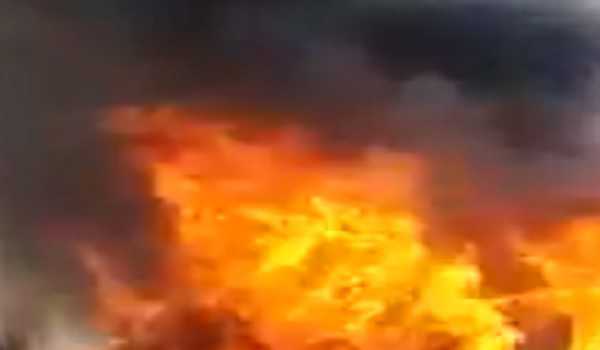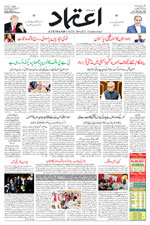Saudi Arabia Says Prepared to Agree on Yemen Ceasefire if Houthis Agree
Tue 18 Oct 2016, 13:40:35
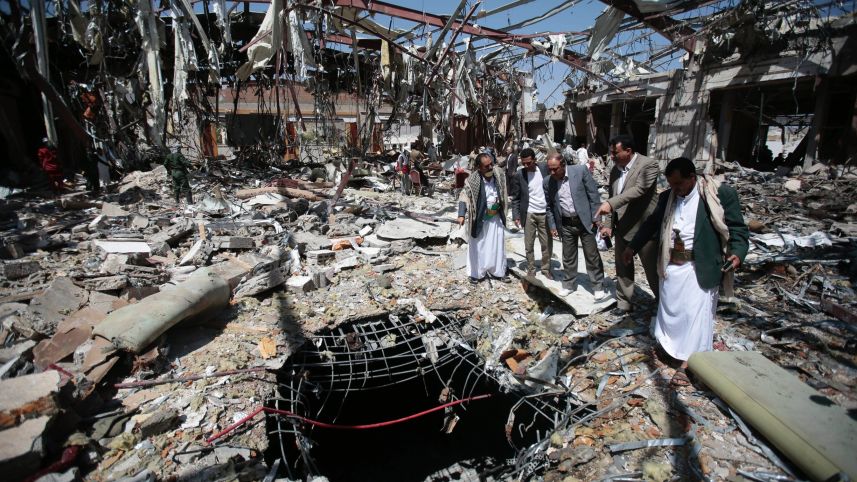
The Saudi-led military campaign in Yemen has faced heavy criticism since an airstrike this month on a funeral gathering in Sanaa that killed 140 people according to a UN estimate and 82 according to the Houthis .
Saudi Arabia is prepared to agree to a cease-fire in Yemen if the Iran-allied Houthis agree, Saudi Foreign Minister Adel al-Jubeir said on Monday, adding that he was skeptical about efforts for peace after previous ceasefire attempts had failed.
The Saudi-led military campaign in Yemen has faced heavy criticism since an airstrike this month on a funeral gathering in the Yemeni capital Sanaa that killed 140 people according to a United Nations' estimate and 82 according to the Houthis .
The United States and Britain, which have both supported the Saudi-led campaign, called on Sunday for an immediate and unconditional cease-fire between Houthis and the Saudi-backed, internationally recognized government.
"We would like to see a cease-fire yesterday," Jubeir told reporters in London. "Everybody wants a cease-fire in Yemen, nobody more so than the kingdom of Saudi Arabia and the coalition members."
He accused the Houthis of reneging on previous deals.
"So yes, we come at this with a lot of cynicism. But we are prepared, the Yemeni government is prepared, to agree to a cessation of hostilities if the Houthis agree to it. The coalition countries will respect the desire of the Yemeni government," Jubeir said.
British Foreign Secretary Boris Johnson, together with U.S. Secretary of State John Kerry, met Jubeir and officials from the United Arab Emirates on Sunday and said the conflict in Yemen was causing increasing international concern.
"The fatalities that we're seeing there are unacceptable," Johnson said. Britain's Foreign Office said that Saudi Arabia's approach to humanitarian law will be a factor in London's continual assessment of arms sales to the kingdom, and it would look into the air strike on the funeral as part of that
process.
process.
Since March 2015 Saudi Arabia and several Gulf Arab allies have carried out airstrikes in support of the government of Abd Rabbu Mansour al-Hadi against Houthi fighters, who are backed by troops loyal to ex-President Ali Abdullah Saleh. Gulf states have also deployed troops in Yemen.
Saudi Arabia and Hadi's government accuse Shi'ite Iran of supplying weapons to the Houthis to help spread Tehran's influence at the expense of Riyadh, its main regional rival. Iran denies the charge.
The Houthis still control Sanaa and large areas of northern and western Yemen, but Jubeir said it was a matter of time before they were defeated.
"The momentum is going against them in Yemen. They’re losing more territory, more people are mobilized against them. They are not paying their bills, businesses are not extending credit to them," Jubeir said.
Asked about an offensive on Islamic State militants in the Iraqi city of Mosul, Jubeir said Islamic State would lose the war but he added that he was worried that Shi'ite militias would enter Mosul and "engage in bloodbaths".
"This would have tremendously negative consequences and would further inflame the sectarian tensions in Iraq. That would be the greatest danger we see."
No Comments For This Post, Be first to write a Comment.
Most viewed from International
Most viewed from World
AIMIM News
Latest Urdu News
Most Viewed
May 26, 2020
Do you think Canada-India relations will improve under New PM Mark Carney?
Latest Videos View All
Like Us
Home
About Us
Advertise With Us
All Polls
Epaper Archives
Privacy Policy
Contact Us
Download Etemaad App
© 2025 Etemaad Daily News, All Rights Reserved.

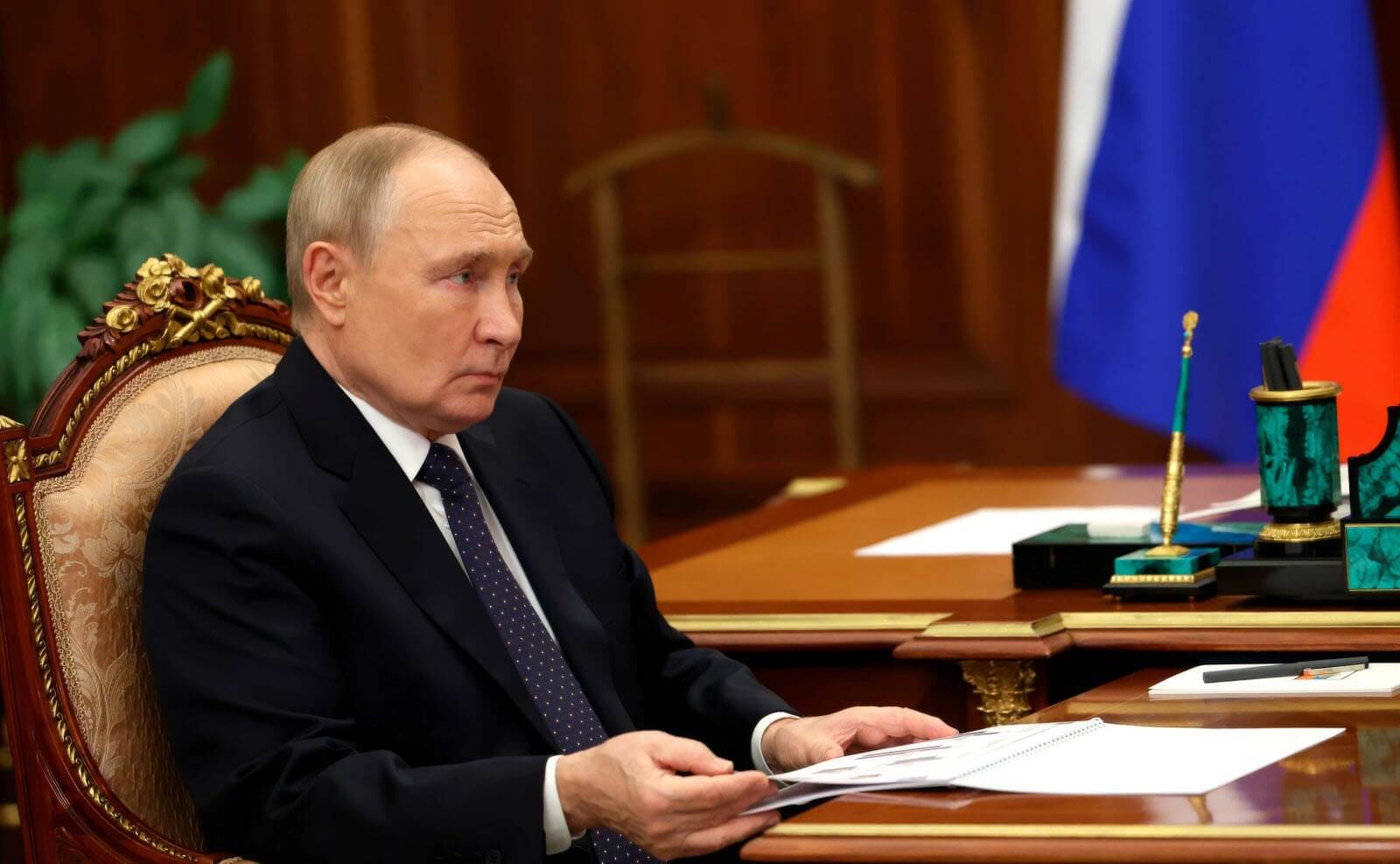

.jpg)
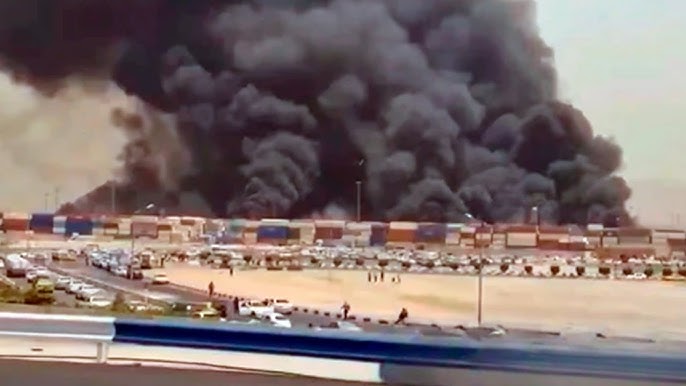
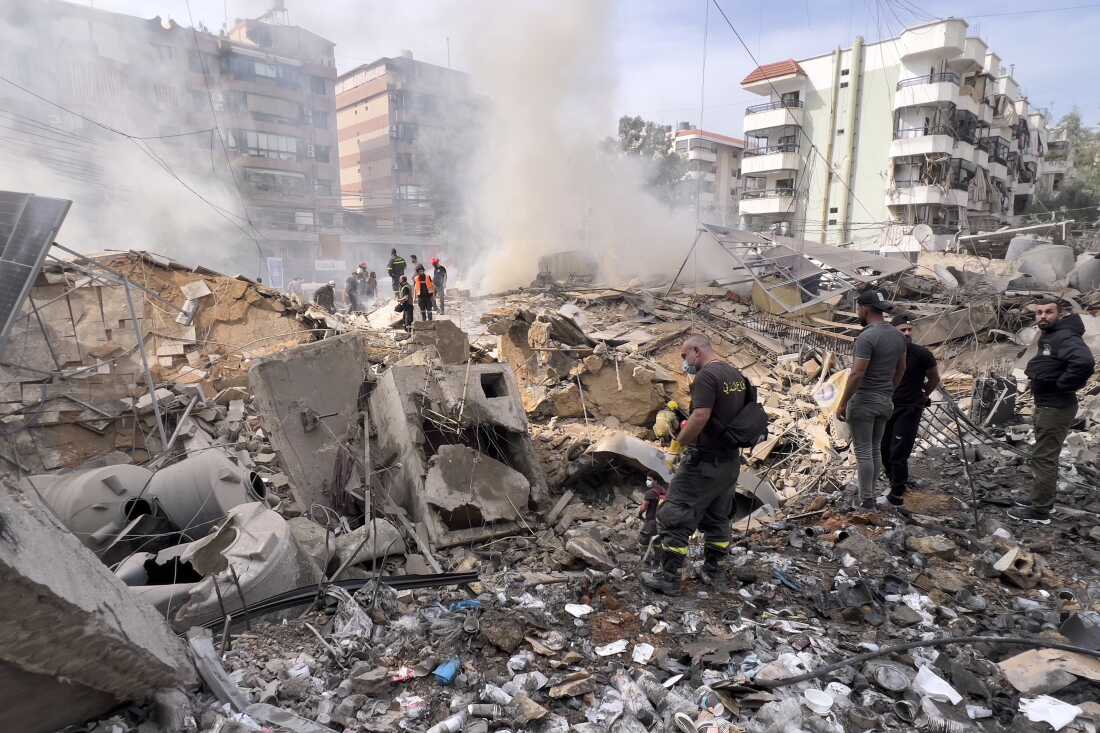
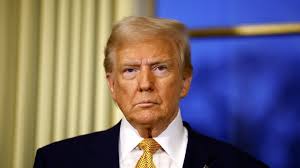
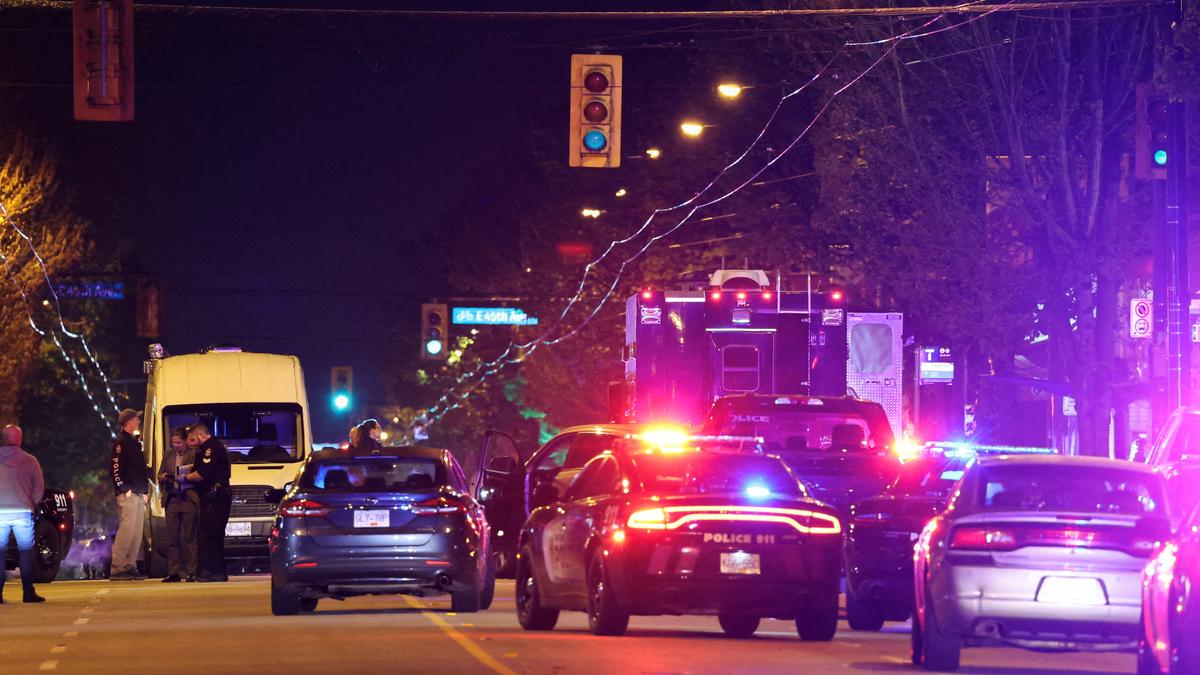
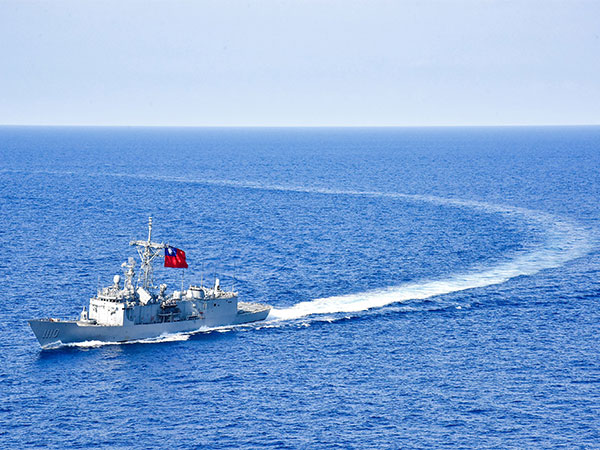


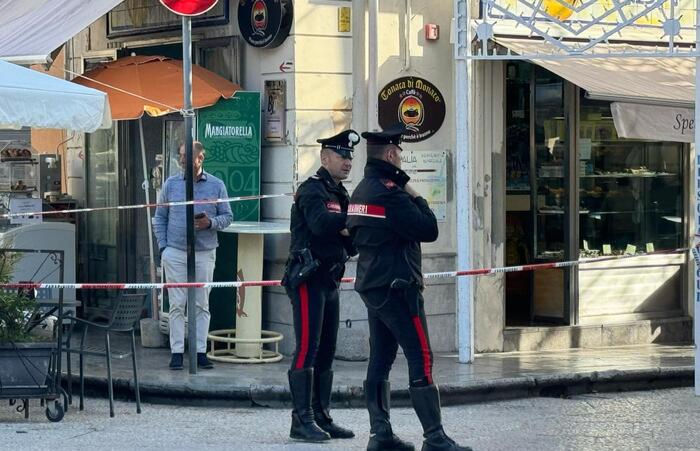
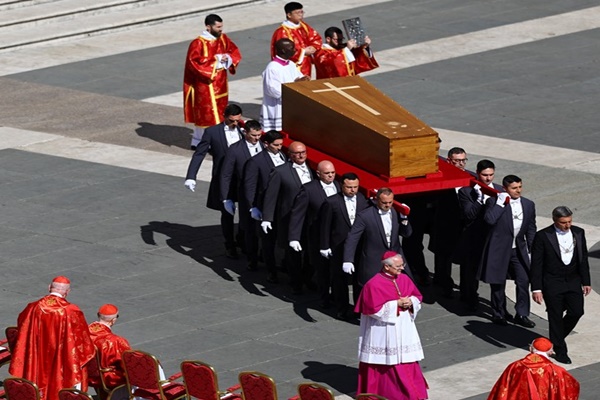

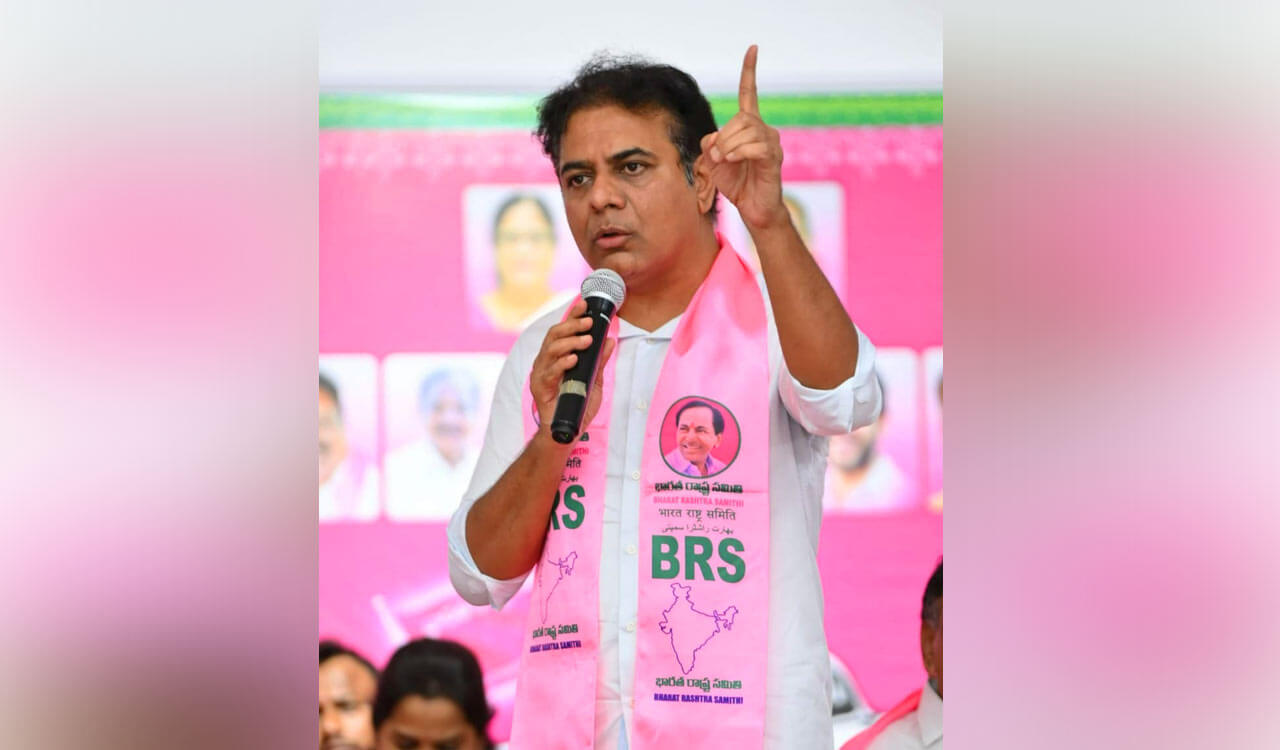


.jpg)
.jpg)
.jpg)
.jpg)
.jpg)
.jpg)
.jpg)
